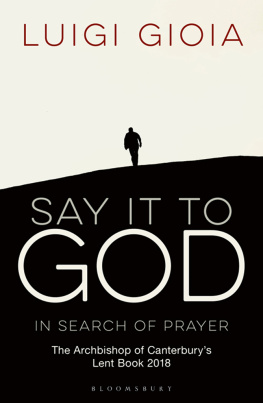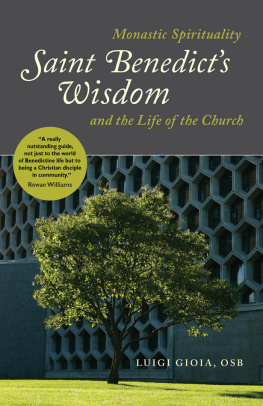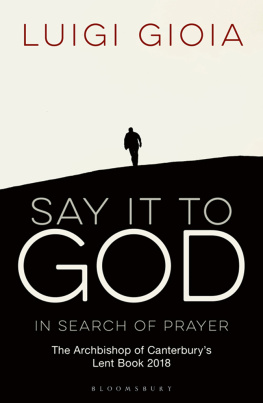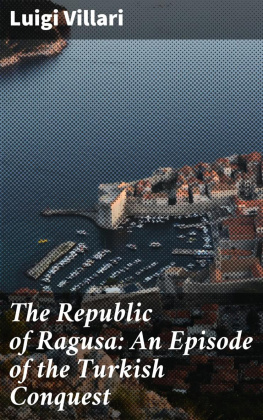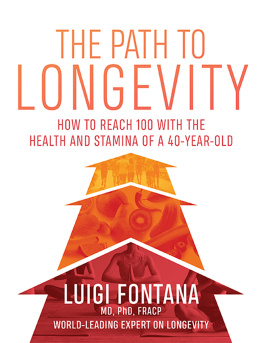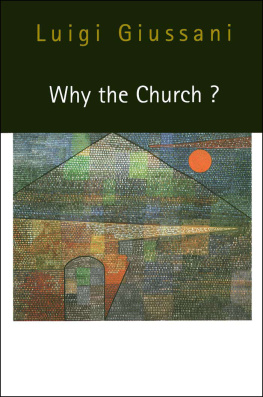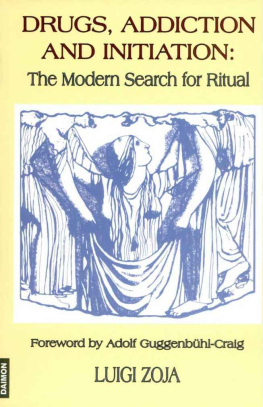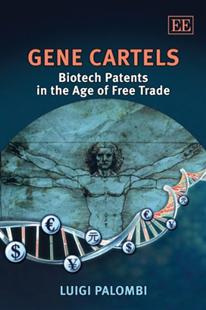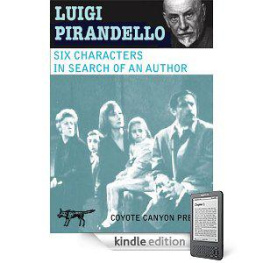THE LIFE OF LUIGI GIUSSANI
Books of Luigi Giussani published in English
BY MCGILLQUEENS
The Religious Sense
At the Origin of the Christian Claim
Why the Church?
The Journey to Truth Is an Experience
Is It Possible to Live This Way? Vol. 1 Faith
Is It Possible to Live This Way? Vol. 2 Hope
Is It Possible to Live This Way? Vol. 3 Charity
Generating Traces in the History of the World
(with Javier Prades and Stefano Alberto)
American Protestant Theology
Christ, Gods Companionship with Man
BY CROSSROAD
The Risk of Education
The Psalms
The Life of Luigi Giussani

Alberto Savorana
Translated by Mariangela C. Sullivan
and Christopher Bacich

McGill-Queens University Press 2018
ISBN 978-0-7735-5185-5 (cloth)
ISBN 978-0-7735-5217-3 (EPDF)
ISBN 978-0-7735-5218-0 (EPUB)
Legal deposit first quarter 2018
Bibliothque nationale du Qubec
Originally published by Rizzoli in 2013 as Vita di don Giussani
Printed in Canada on acid-free paper
The translation of this work has been funded by SEPS Segretariato Europeo per le Pubblicazioni Scientifiche Via Val dAposa 7 40123 Bologna - Italy

We acknowledge the support of the Canada Council for the Arts, which last year invested $153 million to bring the arts to Canadians throughout the country.
Nous remercions le Conseil des arts du Canada de son soutien. Lan dernier, le Conseil a investi 153 millions de dollars pour mettre de lart dans la vie des Canadiennes et des Canadiens de tout le pays.

Library and Archives Canada Cataloguing in Publication
Savorana, Alberto
[Vita di don Giussani. English]
The life of Luigi Giussani / Alberto Savorana ; translated
by Christopher Bacich ().
Translation of: Vita di don Giussani.
Includes bibliographical references and index.
Issued in print and electronic formats.
ISBN 978-0-7735-5185-5 (cloth). ISBN 978-0-7735-5217-3 (EPDF). ISBN 978-0-7735-5218-0 (EPUB)
1. Giussani, Luigi. 2. Catholic Church Italy Clergy Biography. I. Title. II. Title: Vita di don Giussani. English
BX4705.G5564S2813 2018 230.2092 C2017-903672-6
C2017-903673-4
Contents
INTRODUCTION
In the simplicity of my heart joyfully I have given You everything.
[T]he greatest joy in life is to feel Jesus Christ alive and beating in the flesh of your own thought and your own heart. All the rest is a swift illusion [or] dung (). The entire life of Fr. Giussani could be summed up in these few words, which he wrote at the age of twenty-four, at the very beginning of his life as a priest. They reecho what Saint Paul must have felt when he said, I even consider everything as a loss because of the supreme good of knowing Christ Jesus my Lord. For his sake I have accepted the loss of all things and I consider them so much rubbish, that I may gain Christ and be found in him (Phil 3:89).
For Fr. Giussani the rest of his life, all the years of his adulthood and old age, would be a constant renewal of this initial, totalizing experience. Little by little, as I age, he wrote in 1989, I see more and more clearly what excited me when I was fifteen. It is this: the only reason existence is worthwhile, and, therefore, the only glue that holds things together, is what the Gospel calls the glory of Christ ().
When he offered testimony before Pope John Paul II in Saint Peters Square on 30 May 1998, he said, What would it profit a man if he gain the whole world, and then lose himself? Or what could a man give in exchange for himself? (Matthew 16:26). I was never asked a question that took my breath away so much as this question of Christs! [...] Only Christ takes my humanity so completely to heart. This is the wonder expressed by Dionysius the Areopagite (5th century): Who could ever speak to us of the love that Christ has for man, overflowing with peace? Ive been repeating these words to myself for more than fifty years! (). Fr. Giussani was well aware that his entire life rested on this single certainty.
When I began this work, I had no idea what it meant to write a biography. Where was I to start? But from the very beginning, I was guided by the friendly and steady gaze of a man won over by Christ, whom I had had the good fortune to meet in the late seventies and to spend time with regularly beginning in 1985. The facts of my lifemy interests, profession, and familyare all tightly connected with him. In my professional relationship and friendship with Fr. Giussani I found myself within a historical and existential streama fever of life, as he loved to put itwhich has never stopped flowing. It continued to accompany me after his death when I was invited, beyond my wildest imagination, to write this work. Readers of this book will not find my memories written in it. Instead, I chose to rely on the sources that are available today, on the witnesses I met along the way, and, above all, on Fr. Giussani himself, and what he said and wrote over the course of his long life, as I will explain below.
So, I immersed myself in the life of a man who lived through nearly all of the twentieth century and into the beginning of the new millennium. During these years of work, I have had the constant willingness to listen of Fr. Julin Carrn, who was chosen by Fr. Giussani to succeed him in leading CL: every time he spoke in public, I saw how he was able to make the texts speak, and how Fr. Giussanis wordsmany of which were already familiar to metook on a depth that was previously unknown to me. Fr. Carrn clarified for me the most fruitful approach: it involves, to borrow a phrase from Fr. Giussani, a desire to relive the experience of the person that provoked you, and provokes you with his or her presence [...] through whom you have received something Other (). These past five years have been, for me, a time of constant self-comparison, daily learning, and equally frequent self-correction.
I attempted to let Fr. Giussani take me by the hand, retracing the path he walked and becoming a spectator of what went on in his family home in Desio, the grand expanses of the seminary of Venegono, and the classrooms of Berchet high school and the Catholic University. I am well aware that my endeavour, which is intended to serve as a starting point for introducing people to Fr. Giussani, leaves out countless episodes which live on as vivid memories cherished by many of the people who knew him. I am certain that others could add, fill in, and, where necessary, correct the inevitable gaps in this book.
I read thousands of pages of unpublished works, notebooks, and correspondence with friends, bishops, and popes; I was able to view dozens of letters written in his handthe first a postcard from 1935, when Gigetto (as his family nicknamed him) was only twelve years oldand jealously kept by relatives; I reread his books, which contain a wealth of events from his life; I spoke with eye-witnesses, some of whom were unknown or obscure figures before now, who helped me reconstruct moments of his life that were important to him.
Next page

